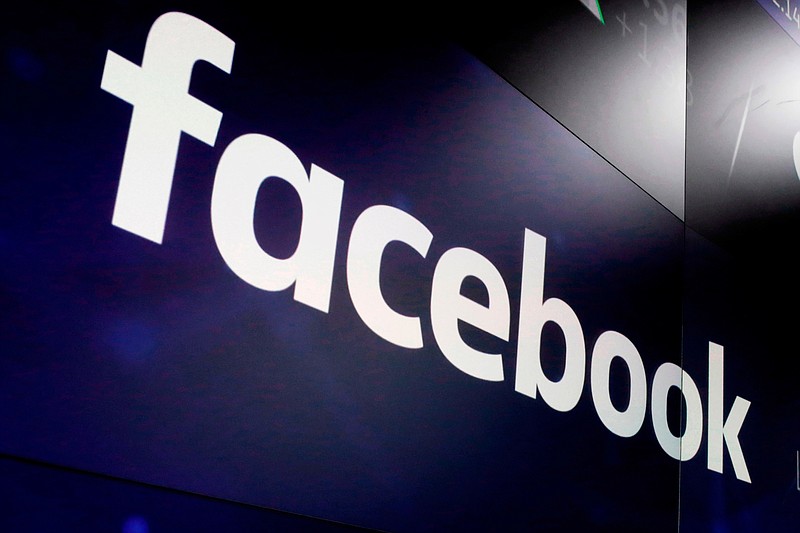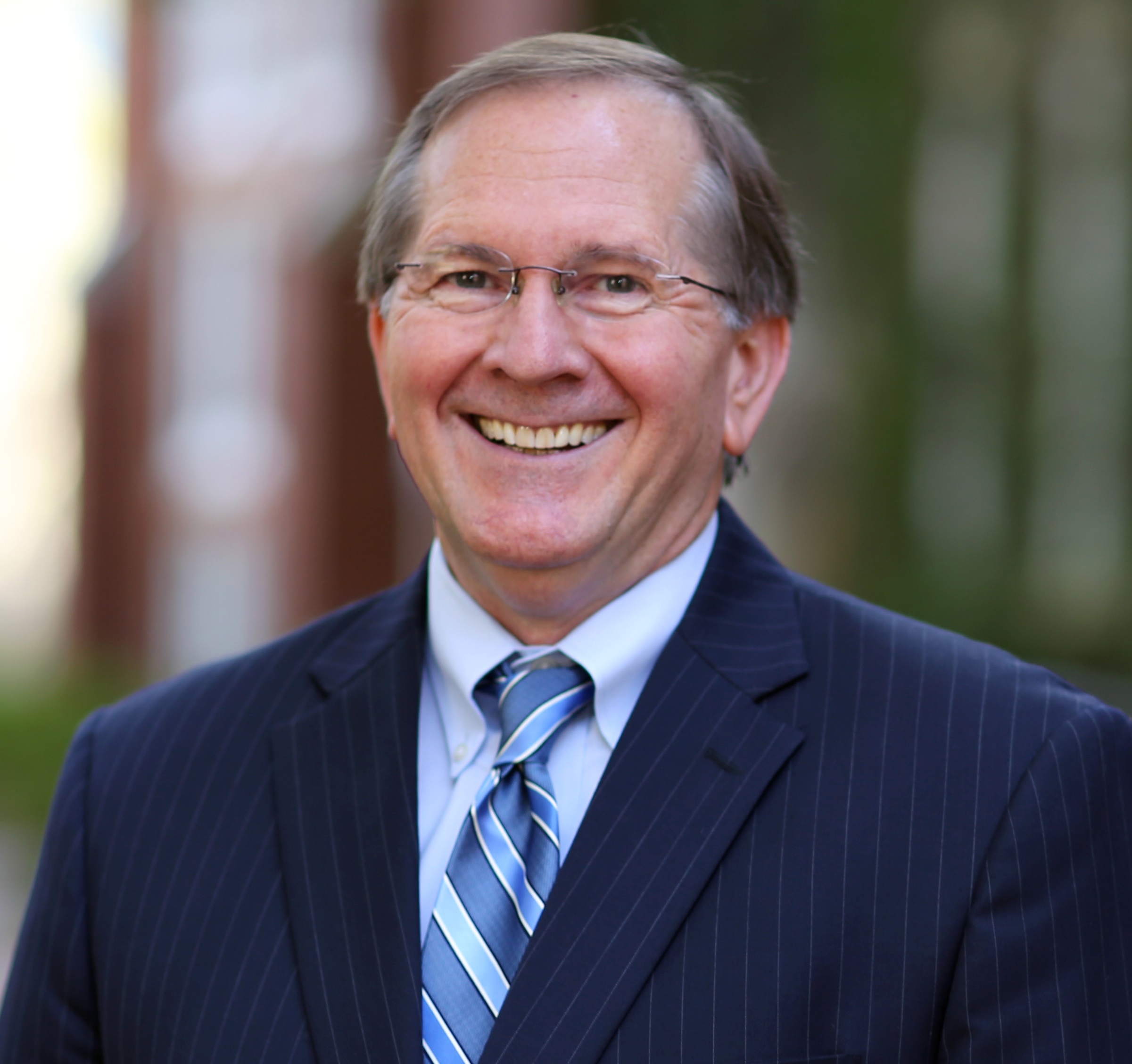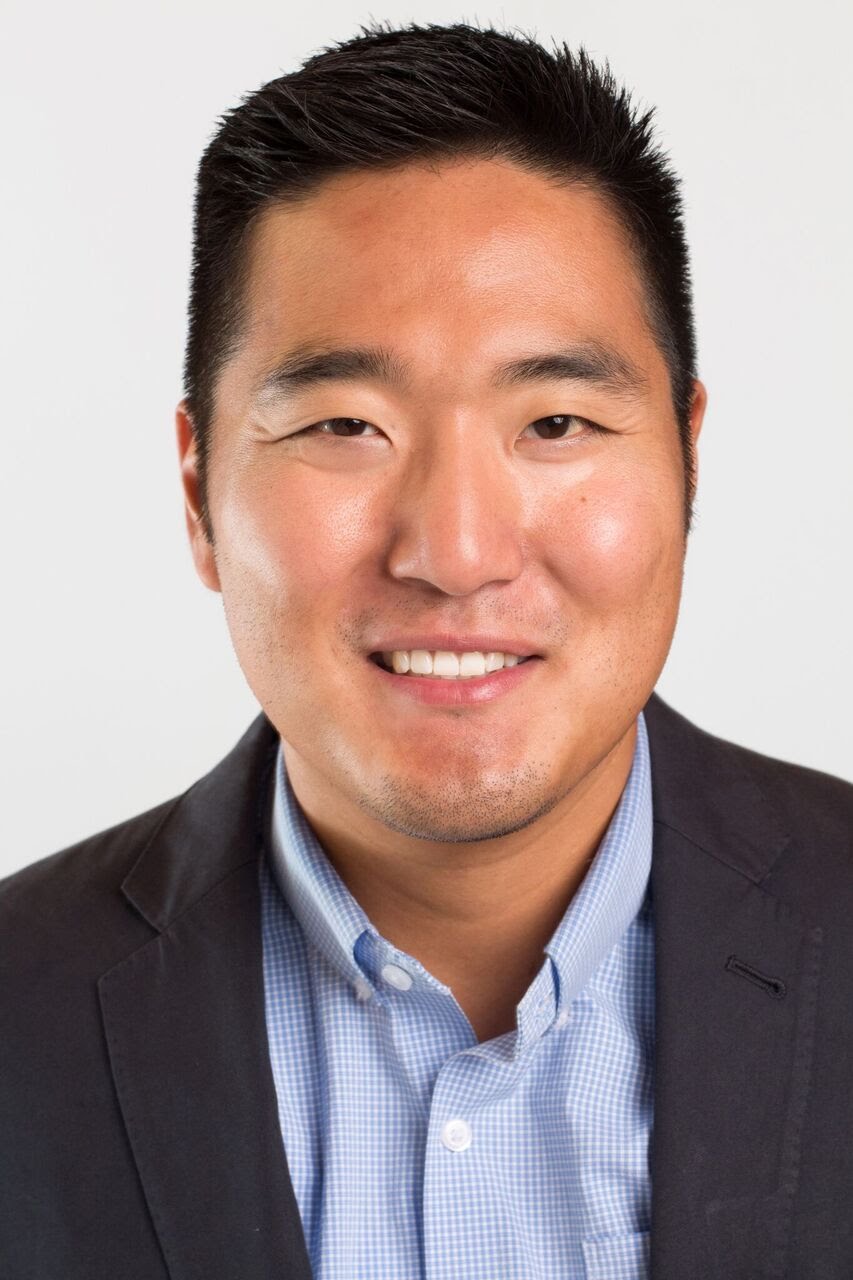NO: Facebook can ban Trump permanently, but shouldn't
The question of a permanent ban is about whether Facebook's "supreme court" should institute one, not whether Facebook has the legal right. I'll stipulate the legal right and limit myself to what I believe would be a ban's negative effects on society and on Facebook's business.
The freedom to speak, hear and explore controversial ideas, even disturbing ones, is critical for a free society. The importance of this liberty extends beyond legal freedom of speech - which was the major concern over two centuries ago when only government could meaningfully stifle the exchange of ideas. Now, private organizations such as Facebook are powerful enough to control others' speech at critical times, such as during a public controversy or an election. Facebook should recognize its outsize role and view itself not just as a supplier of advertising but as also providing a fabric for society where freedom should abound and do its work.
There are several reasons this freedom is important. Among them are America's need for a vibrant marketplace of ideas, the impossibility of overlords managing speech in society's best interests, and its role in developing vigorous and anti-fragile minds. Competition between ideas is important because truth is hard to know, and knowledge is always evolving. Today, scientific research constantly expands what we can know, proving previously accepted truths to be false and demonstrating the limits to humanity's mental abilities.
Oversight boards are also subject to these limitations, which is one reason freedom is a superior means for determining what people should debate and believe. Additionally, when such power is concentrated in the hands of a few, they often use it for their own benefit - and to the detriment of their rivals. This insight is one reason America embraces democratic principles and is wary of concentrated power.
Besides diminishing free speech, a permanent ban would further Facebook's political entanglements. Facebook started becoming an important political tool years ago when it reached out to politicians and taught them to use Facebook for seeking and organizing voters.
In the 2020 campaign season, Facebook fully embraced its political role when it actively labeled some posts as misinformation, hired fact checkers, and sought to edit the post-election public dialogue concerning the election's legitimacy.
Facebook's growing influence as a player, not just a platform, is evidenced by the intensity with which politicians pressure the company to treat their side as truth and goodness - and their opponents' side as false, corrupt and dangerous. Demonstrating willingness to permanently deplatform a prominent politician will make control of Facebook an even more attractive political prize.
Proponents of the ban would likely counter that the nature of Donald Trump's speech and his ability to monopolize attention make him a destructive outlier. But his comments, as best I can tell, are not unusual today. His political opponents and media critics have called for physical intimidation of Trump supporters, expressed hatred for them, likened them to history's worst murderers and oppressors, and mocked them as lacking intelligence and morals. So it is hard objectively to see him as an outlier in his substance. If he is banned while these others not, the ban would seem little more than a political act.
Supporters of a ban are right that Trump has an unusual ability to influence. But a person's persuasive skills aren't a reason for bans from a politically valuable platform. If it were, then Rep. Alexandria Ocasio-Cortez should be next, as her abilities in that area are a close match for Trump's skill.
Facebook should demonstrate its commitment to communities that thrive in adversity, not communities that shrink from it.
Mark Jamison is a visiting scholar at the American Enterprise Institute, He wrote this for InsideSources.com.
Tribune Content Agency
YES: Facebook was key to the Trump insurrection
A visit to Donald Trump's now-defunct Facebook page is to stroll through the vestiges of his campaigns and his presidency: posts full of name calling and attacks, and ads full of outright lies.
Civil rights groups and activists have long pointed out that Facebook's treatment of Trump is utterly unique: no other individual would be allowed to act like he did on the platform. Trump was allowed to stay only because Facebook essentially rewrote its rules for all politicians, in an attempt preemptively to allow Trump's bad behavior. Even despite these political accommodations from Facebook, Trump still routinely violated those few rules that remained.
While the U.S. Capitol was under assault on Jan. 6, then-president Trump posted a series of messages and videos to his Facebook page half-heartedly telling the insurrectionists - who were still in the building - to go home. He could not resist repeating his big lie about the stolen election.
These posts were cited as the reason that Facebook decided to suspend temporarily Trump from Facebook and Instagram on Jan. 6 and to extend it indefinitely the next day. On Jan. 21, the day after Joe Biden was sworn in as president, Facebook exercised its sole privilege to refer the suspension of Trump to the Facebook Oversight Board. Facebook created and funded the board in 2017 to serve as a place for appeals and review of a limited set of its content moderation decisions, strategically excluding posts it leaves up and ads. The Facebook Oversight Board will now determine if Trump will be allowed back on Facebook or not.
Even if you believe that the vile misuse of Trump's Facebook page was acceptable before the election, Trump's actions after the polls closed are clear grounds for his permanent removal from Facebook. Between Nov. 4, 2020, and Jan. 6, 2021, Trump waged a campaign, largely through social media, to discredit the election results.
This effort started only hours after polls closed on Nov. 3. Trump followed through on what he had threatened to do for months: against all available evidence, he claimed the election had been stolen.
Over the coming weeks, he unleashed more than 760 Facebook posts in an attempt to delegitimize the election.
After the election, Trump removed himself from the public spotlight, appearing in public and on camera 28 times in the 65 days - practically invisible for a sitting president. However, while the president was absent from the public eye, he was attempting a coup online: using his Facebook page, in addition to his Twitter account, to promote relentlessly his big lie of the stolen election.
His Facebook posts included frequent lies that the election was stolen and promotion of the infamous Jan. 6 rally itself. Perhaps most shocking was a Facebook post attacking Vice President Mike Pence, which went up while he and his family were being evacuated from the Senate only 100 feet away from a violent mob chanting "hang Mike Pence!" In fact, when the impeachment brief filed by the House cited 29 of Trump's tweets, 25 of those tweets also appeared in an almost identical form on his Facebook page.
Together, all of these factors show that Trump's Facebook page was an essential tool in his attempts to delegitimize the election, gather the crowd on Jan. 6, and encourage them to violence while they were still in the building. It is telling that many consider Twitter and Facebook's suspension of Trump's accounts following Jan. 6 to be one of the critical components to the transfer of power on Jan. 20.
Trump has shown that once he loses an election, his primary use of Facebook is to delegitimize our elections and attempt to overthrow our government. It is clear that if he's allowed back on Facebook, he'll go right back to assaulting the fundamentals of our democratic system. The Oversight Board must permanently suspend Donald Trump from Facebook.
Adam Conner is the vice president for technology policy at the Center for American Progress. He wrote this for InsideSources.com.
Tribune Content Agency


